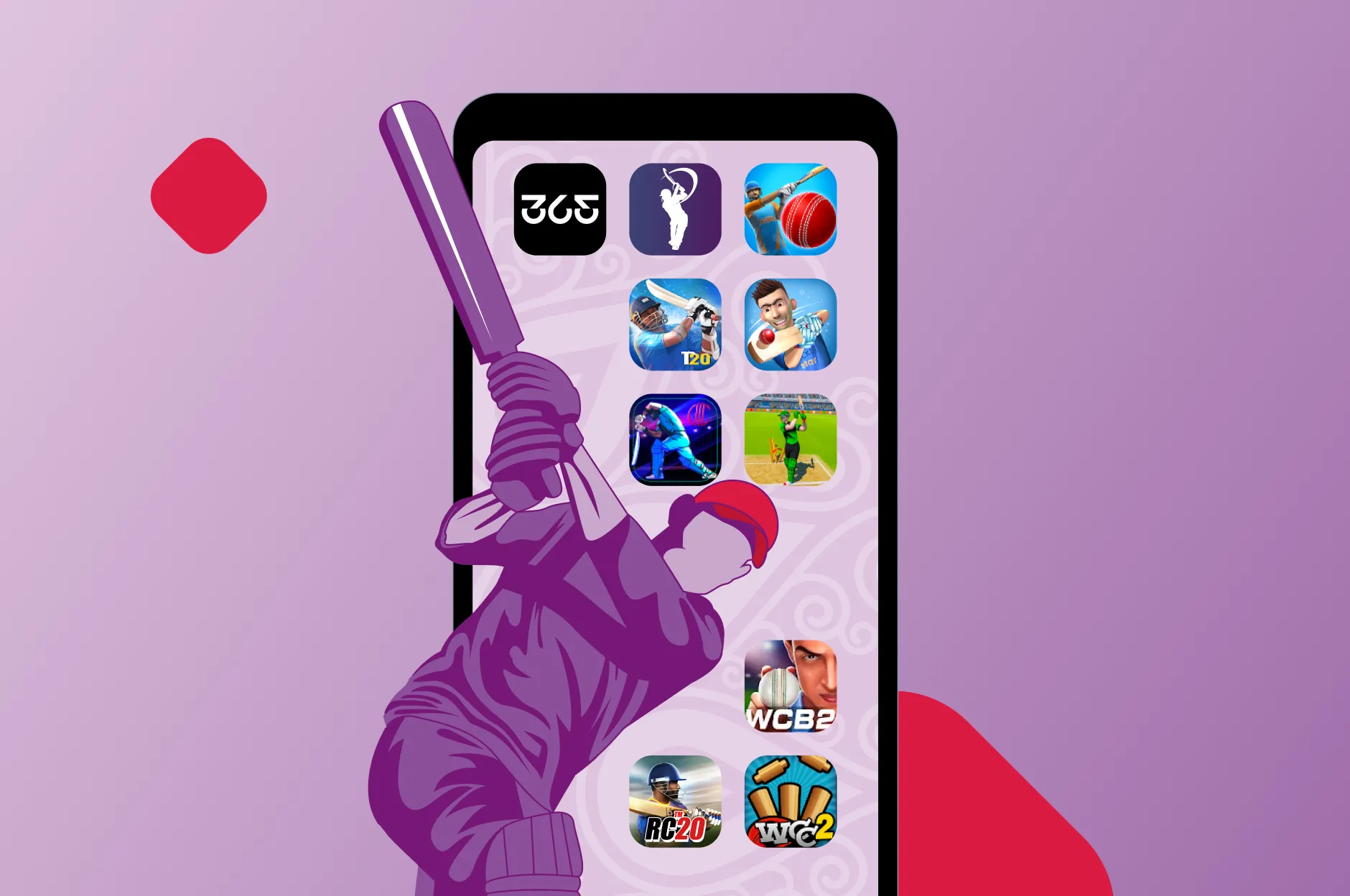

Games continue to tower over all other mobile app categories - both in terms of downloads and revenue - with a 53% year-over-year growth, according to Sensor Tower Store Intelligence. Mobile games also account for the majority of time spent in apps.
Why are we so gaga about mobile games? What compels us to spend more time (and sometimes money) on them than with our loved ones?
In this blog post, we will explore how games may be meeting our needs and their impact on the gaming industry as a whole, along with what this means for advertisers in the mobile apps space.
Why Do We Love Games?
What is so compelling that we invest not just our time and money in games, but our entire being into playing them?
Jane McGonigal, a game designer for Avant Games and the author of Reality is Broken, offers an insightful answer to this question:
“The truth is this: in today’s society, computer and video games are fulfilling genuine human needs that the real world is currently unable to satisfy. Games are providing rewards that reality is not. They are teaching and inspiring and engaging us in ways that reality is not. They are bringing us together in ways that reality is not.”
Greg Perreault, Assistant Professor of Multimedia Journalism at Appalachian State University, has more insight into the massive popularity of mobile games:
He says,
“Video games..help us get lost solving seemingly unsolvable problems. We live in a society with increasingly complex problems that don’t always seem to have a solution -- our ability to figure out a level of Angry Birds gives us hope about even the most hopeless problems. This is perhaps the greatest mainstream appeal.”
Taken together, each of these provocative quotes can be seen as different facets of what compels us to play games. Regardless of one’s personal perspective on games, one thing is certain: games are meeting our needs in ways that are fundamentally important to us.
McGonigal believes that the workplace should take a look at how games are designed and create workspaces that meet the same needs that games do. Advertisers and brands may want to take a closer look at game design, too, and learn how to create compelling campaigns built on the proven principles of game design.
Here are three fundamental principles that game designers use when creating games and how advertisers can adapt them:
1. Create a context and core interaction
This should be the ad campaign’s environment and context adapted for different media. The target audience is the gamer in your advertisement’s world, with ad interactions producing novel results much like an actual game.
To keep the core interaction within the ad fresh, introduce new elements, such as enemies to fight (possibly something that is anathema to your ad’s world), or conveyance of some new ability or perception to the viewer.
2. Easy to learn but fun to master
The ad should be easy to understand, yet have enough depth that the target audience will continue to learn new things with each viewing. This keeps the ad experience fresh and rewarding for the viewer. For example, a hint to something about your product that points to an easter egg in your ad. When found, the easter egg shares some trivia about the product, along with a reward for finding the easter egg.
3. Reward the viewer
Rewards can take a variety of forms, such as cutscenes, hidden scenes/games, and rewards for watching the ad and interacting with it.
By understanding how game design has mastered meeting human needs, advertisers can gain insight into how to create ads and campaigns that engage target audiences on a deeper level. This will drive ad campaign success through higher engagement and conversions in target audience across multiple channels.

How Mobile Apps Have Affected the Gaming Industry as a Whole
Mobile apps have served to catalyze a process that began over a decade ago when broadband internet became widely available to consumers. Over time, console game developers realized that they could eschew the cartridge and distribute their games digitally over the internet.
During this same period of time, the first smartphones arrived, and with them, a marketplace for mobile games. Soon after, multiple mobile game platforms emerged, and a new industry was born.
Unity - One of the first game development platforms
Unity was just one of the new platforms that allowed games to be developed without any knowledge of code. Games developed on such platforms often moved from concept to production in a very short time -- from a few weeks to a couple of months at most.
Game console manufacturers quickly realized that, with the rise of mobile, the game had fundamentally changed. They responded by opening online stores to offer games developed by independent game developers.
Steam breaks open the PC game market
Soon after, Steam came along, opening the PC game market wide. The result: a gaming industry radically different from what it was just over ten years ago. Once a traditional market that changed slowly over time, today's PC gaming market has evolved to adapt quickly to changing gamer needs.
Console manufacturers utilize high-performance architecture and components to drive multi-player games that span multiple continents, in an effort to deliver high-quality graphics to HD and 4k displays in real time while keeping game latency to a minimum.
The impact of mobile gaming
Perhaps the most observable result of the impact of mobile on gaming is that consoles have become very similar to smartphones. Console manufacturers have evolved to work with a two-year cycle console design/development cycle instead of the traditional seven year cycle.
This keeps legacy users onboard while providing the flexibility needed to adapt consoles to changes in technology and user trends.
Furthermore, “In an industry that finds itself on the cusp of huge changes every six to 12 months, adaptability is key,” says Ollie Clark, co-founder of Arch Creatives, a shared office space that houses game development teams.
Downloadable content and in-game purchases
Of particular interest to game developers, brands, and advertisers is the rise of downloadable content and in-game purchases. Some of the console games are built on a new business model that includes a major release with the option to purchase a so-called ‘season pass’ that buys the gamer all subsequent game packages and content. Most gamers aren’t biting, however -- the initial purchase is often too high. Currently, the gaming industry is experimenting with other business models for games, such as limited versions with features and/or upgrades that can be purchased. Mobile game publishers may want to explore some of the new monetization models emerging in console games.
Publishers want direct access to gamers
But wait -- there’s more! Game publishers want to directly access gamers rather than going through the console manufacturers, and they are working on making purchases available from within the games themselves.
Mobile games have been doing this for a while, but that’s not all. When Crossy Road (A Frogger clone) was published in 2014, it offered an opt-in ad model that gave players the option to watch an ad video so they could access additional game content. These opt-in ads have reshaped the perception of in-game ads for players.
Instead of being seen as a ‘necessary evil’, the ads are now seen as a means for getting something the player wants.
Brick-and-mortar game studios, a relic of pre-broadband history
Needless to say, traditional brick-and-mortar game studios are a relic of pre-broadband history, a business model still used only by the largest game developers. Today’s game development studio is usually virtual with a distributed staff of freelancers from all over the world.
Not all of the changes have been particularly beneficial for the gaming industry. Large, established game studios are finding it difficult to be discovered in app stores such as Google Play or the Apple Store. Each store represents an ocean teeming with countless games, making discoverability the most difficult challenge these legacy game studios face
To get your app noticed, try Native App Preloads with Digital Turbine!
The democratizing influence of mobile
The rise of mobile has democratized game development, making it possible for individuals and small dev teams to create and publish their own games. This democratization has brought chaos as game developers try to publish games through a constantly changing mix of collaboration, shared spaces, and partnerships with micro-developers while competing with tens of thousands of other game developers.
It’s a bit like the formation of a new galaxy -- chaotic intermingling of elements trigger reactions that eventually lead to the creation of something beautiful.
High collaboration between brands, advertisers, and game developers
Brands and advertisers benefit from the ability to work directly with game developers to integrate targeted ads. These ads can help drive in-game purchases while serving other ad content that targets different demographic segments among the game’s players.
This level of collaboration allows advertisers to fine-tune their ad types and placement at key points in the game, with incentives for the gamer to watch an ad for some kind of reward.

What It All Means
Monolithic, bricks-and-mortar game studios once provided channels for game innovation and development.
In their absence, chaos has ensued, forging a transformation of the gaming industry as a whole. The rise of mobile has catalyzed this transformation, opening a massive game market to everyone who owns a smartphone.
Hundreds of new games are published daily by countless developers who vie for discovery, the mobile app stores already seething with hundreds of thousands of other games. Perhaps the biggest challenge for advertisers isn’t further optimization of ad placement.
Rather, it may be helping new games with promise find their way to the top of each app store’s listing.






.jpg)
